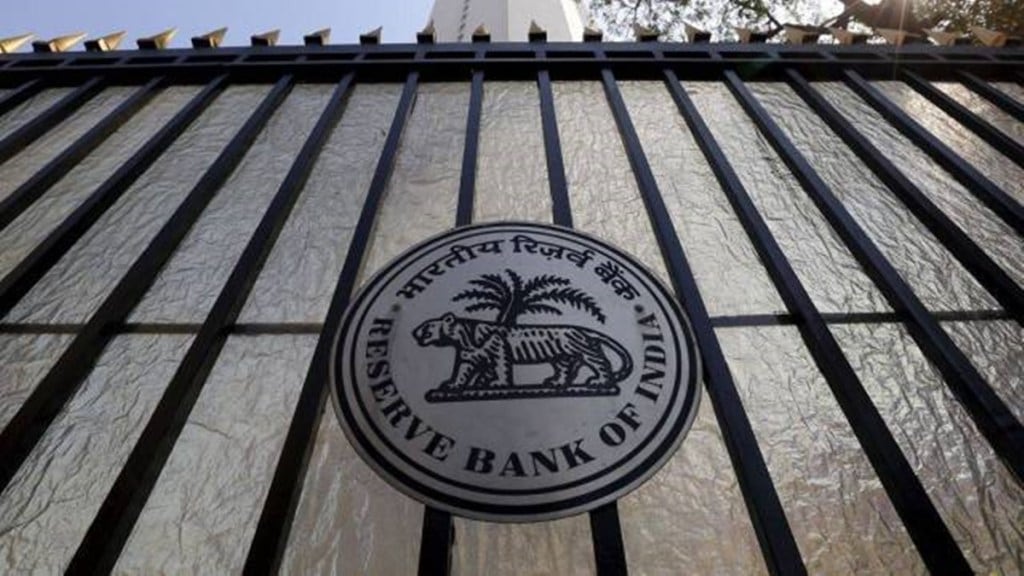The Reserve Bank of India (RBI) is working on regulations for financial technology companies (fintechs) and is in consultation with the industry for the same, deputy governor T Rabi Sankar said on Friday. However, he did not give any timeline when these regulations will be issued. “There are no fintech regulations right now. We are talking to the industry and understanding whether there is a need to regulate them. We cannot give a timeline at the moment. But it will come only after consultation with them,” he said at the Moneycontrol Startup Conclave.
Sankar added that while various fintechs are focusing on innovation, there is a need for greater emphasis on regulation. That is, there is a need to find a balance between fostering innovation and ensuring adherence to norms.“The regulation of fintech space that we are talking about is more developmental in nature because the other governance conduct is well established wherein entities will be regulated in a similar manner for similar activities,” he said.
In June, the central bank approved first loss-default guarantee (FLDG) arrangements at 5% — a popular route for fintechs to partner with banks and non-banking financial companies. Prior to this, it had issued the digital lending guidelines in 2022.In addition to this, the deputy governor also said that RBI was not looking at large-scale implementation of central bank digital currency (CBDC). Instead, the focus was more on interoperability of CBDC with unified payments interface.
“We are not particularly interested in rolling it out in a large scale because unlike payment instruments, it is money,” he said, adding that it has substantial impact on other forms of money like bank deposits, customer behavior, and therefore it has impact on monetary policy and eventually it will feed in to financial stability. Currently, around 1.3 million customers and 300,000 merchants have adopted CBDC.As far as interoperability of CBDC with UPI is concerned, nine banks are already placed in this system while three-to-four other banks are trying it out.
In 2022, the central bank had rolled out the pilot testing of CBDC in the wholesale and the retail segment.While launching the pilot, the central bank had said that the implementation will be done in phases and in partnership with a few banks and in some cities to begin with and this will be scaled up.In its latest annual report, it said that it is planning to expand the wholesale and retail CBDC to more locations and to include more participating banks.Speaking on cryptocurrencies, he highlighted that while people trading crypto is not the concern, unbacked cryptocurrencies and the product itself alongside its backers is an issue.He also highlighted that stablecoins pegged to other currencies in emerging market economies pose several threats. “Stablecoins pegged to currencies, for example USD, are not a risk to the USA. But stable currencies pegged to other currencies in emerging market economies (EMEs) pose very serious financial stability, capital management, and monetary policy risks,” Sankar said.

